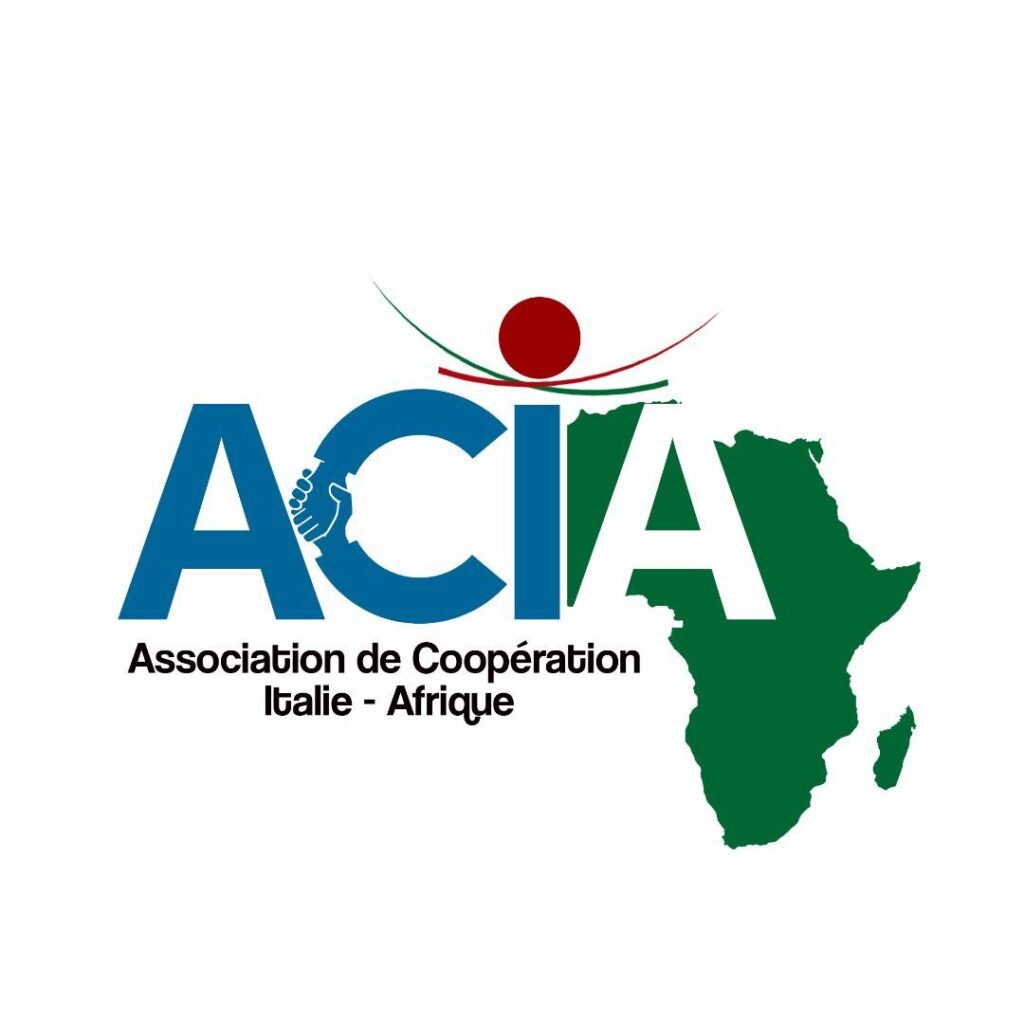Africa is today one of the most dynamic continents for international investment, thanks to a combination of economic growth, abundant natural resources and a young, expanding population. However, for foreign companies considering relocating or expanding their operations in Africa, it is crucial to carefully evaluate a number of key factors: tax advantages and incentives, labour costs, infrastructure, political and economic stability, and success stories. This article explores these aspects, providing a detailed overview to support companies' strategic decisions.
1. Tax advantages and incentives: Which African countries offer the best tax conditions for foreign companies?
Africa offers a wide range of tax incentives to attract foreign investment. Some of the most attractive countries include:
- Kenya: The Kenyan government has introduced customised tax incentives for companies that invest in manufacturing, with exemptions from excise, import duties and value-added taxes for projects exceeding USD 65.5 million 1. In addition, Special Economic Zones (SEZs) offer tax exemptions for the first 10 years of operation.
- Algeria: Algeria offers tax exemptions for periods of 3 to 5 years for start-ups in priority sectors such as agriculture, renewable energy and manufacturing. Industrial zones and free zones provide additional benefits, such as exemption from customs duties for the import of machinery.
- MoroccoIndustrial free zones, such as the one in Tangier, offer full tax exemptions for the first five years of activity and tax reductions thereafter. The country has also signed several free trade agreements, facilitating access to European and African markets.
- South Africa: Companies operating in special economic zones (SEZs) benefit from corporate tax exemptions for the first 10 years of operation. In addition, the government offers tax credits for investments in research and development.
- Egypt: Egypt's special economic zones (SEZs) offer tax exemptions for the first five years of operation, with additional concessions for the renewable energy and infrastructure sectors.
2. Labour costs: What are the labour costs in Africa compared to other regions?
Labour costs in Africa are generally lower than in other regions, making the continent particularly attractive for companies seeking to reduce operating costs. However, there are significant differences between countries:
- KenyaThe cost of labour in Kenya is competitive, with average monthly wages ranging between $150 and $300 for unskilled workers. The workforce is young and growing, with an average age of 20.
- Ethiopia: Ethiopia is one of the countries with the lowest labour costs in the world, with average monthly wages of around USD 50-100. This has attracted many manufacturing companies, especially in the textile sector.
- Nigeria: Despite being Africa's largest economy, labour costs in Nigeria remain relatively low, with average monthly wages of around USD 200-400. However, productivity can vary depending on the sector and region.
- South AfricaLabour costs in South Africa are higher than in other African countries, with average monthly wages that can exceed USD 500. However, the country offers a highly skilled workforce, especially in the technology and financial sectors.
3. Infrastructure: Which African countries have the most developed infrastructure to support business activities?
Infrastructure is a crucial factor for investment success in Africa. Some of the countries with the most developed infrastructure include:
- South Africa: South Africa boasts an advanced infrastructure network, with modern ports, international airports and a well-developed road network. The country is also a logistics hub for Southern Africa.
- MoroccoMorocco has invested heavily in infrastructure, with projects such as the Tangier Med port, one of the largest logistics hubs in the Mediterranean. The country is also a strategic bridge between Europe and Africa.
- Egypt: Egypt has significantly improved its infrastructure in recent years, with projects such as the Suez Canal and the new administrative capital. The country is a key hub for intra-regional trade.
- KenyaKenya has invested in ambitious infrastructure projects, such as the port of Mombasa and the Lamu Port-South Sudan-Ethiopia Transport (LAPSSET) logistics corridor, which facilitate intra-regional trade.
4. Political and economic stability: What are the political and economic risks associated with relocation to Africa?
Despite the opportunities, Africa also presents significant risks related to political and economic stability:
- Political risks: Some African countries, such as Nigeria and South Sudan, are characterised by political instability and internal conflicts. It is crucial to assess the local political context before investing.
- Economic risks: The volatility of local currencies and dependence on commodity exports can pose challenges for foreign companies. For example, the collapse in oil prices has had a significant impact on the economies of countries such as Nigeria and Angola.
- Legislative Reforms: Some countries, such as Algeria, have introduced reforms to attract foreign investment, but the legal system can remain complex and bureaucratic.
5. Success stories: Examples of companies that have successfully relocated to Africa
Many international companies have successfully exploited the opportunities offered by Africa:
- Total in Algeria: French energy giant Total has established a lasting presence in Algeria, collaborating with local companies in the hydrocarbon sector and benefiting from tax incentives offered by the government.
- Lafarge in MoroccoLafarge, a multinational building materials company, has invested in sustainable infrastructure in Morocco, adapting to local needs and taking advantage of industrial free zones.
- Unilever in KenyaUnilever invested in Kenya, taking advantage of the young and skilled workforce and the tax breaks offered by the government to expand its presence in the African market.
Africa offers enormous potential for foreign companies, with tax advantages, competitive labour costs and a developing infrastructure. However, it is essential to carefully assess the political and economic risks and to adopt a well-planned strategy. Success stories show that, with a targeted approach, Africa can become a key destination for international investment.
For more information, consult the sources cited or contact an internationalisation expert for personalised support.






